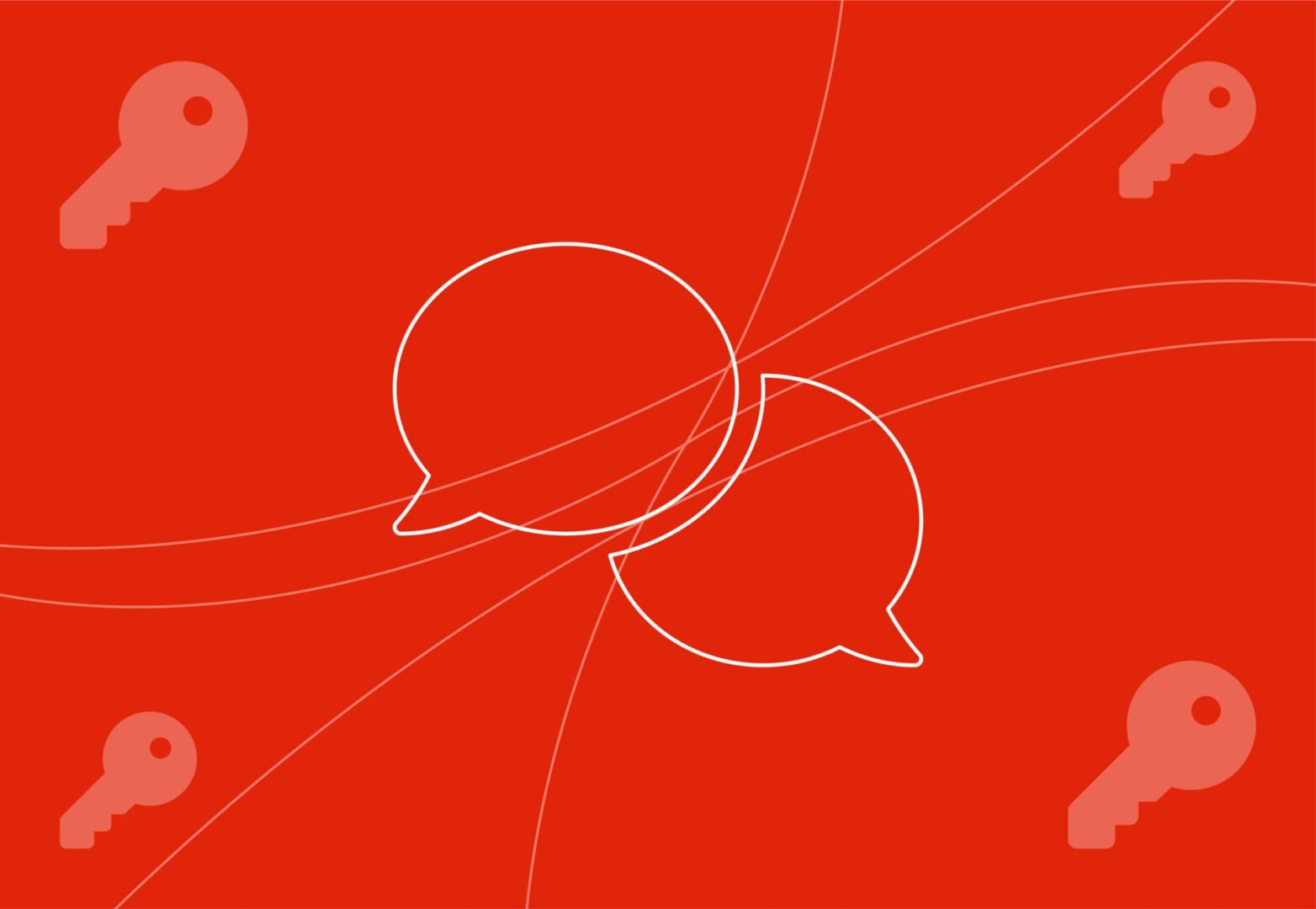Social media has become so well ingrained in the modern world of pings, dings and other groovy onomatopoeia, that sometimes it’s hard even to imagine a world without it. However, just ask any older relative, and you’ll be transported to a time before the 21st century when ‘reels’ referred to old movies and tweets related to mere morning birdsong, rather than annoying online clangour.
This change came, in part, thanks to the work of Mark Zuckerberg, the founder of Facebook who launched the revolutionary social media platform in 2004 from his college bedroom. Beginning as a dating service used among the students of Harvard campus, Facebook quickly grew to become the most popular and most profitable social networking site of the new millennium, rising to the fold alongside Tom Anderson and Chris DeWolfe’s admittedly more rickety MySpace.
Just six years after its launch, when the platform had earned an excess of 608 million users, the remarkable technological tale caught the attention of Hollywood director David Fincher and screenwriter Aaron Sorkin. Sticking the curly-haired Jesse Eisenberg front and centre as Zuckerberg, Fincher created The Social Network, a remarkable biopic of self-promotion and contemporary marketing that well summarises the trials and tribulations of bringing Facebook to life.
As well as an Oscar-winning marvel of cinema, The Social Network also offers several fascinating insights into the world of marketing, teaching several lessons that any thriving business should heed.
1. The importance of brand identity
Initially, Facebook was created by Zuckerberg and Eduardo Saverin as an exclusive online club. Access to this club spoke to one’s social status in the microcosm of college life. Steadily, as Facebook expanded to other Ivy League schools, a sense of prestige was created, with ‘everybody who’s anybody’ wanting to be on the site out of fear of missing out. The site’s brand awareness was swelling.
“I’m talking about taking the entire social experience of college and putting it online,” Zuckerberg states in the film, “A place where people can share photos, personal profiles, where they can see what their friends are doing… That’s what The Facebook is gonna be about”.
This exclusivity became a key marketing strategy in the early years of Facebook, along with its clean, direct and simple purpose as a social network that connects you with other peers. This brand identity from which Facebook flourished, remains consistent to this very day, forming a trusted connection with its audience.
2. Take time to design

From the very start, it was clear that Zuckerberg understood that a simple, user-friendly design would be key to bringing new users on board. Although the film doesn’t delve too deeply into the world of UX, focusing more on the early marketing tactics and business moves of Zuckerberg, it’s clear that Sorkin wanted to establish the platform’s superior simplicity.
“We don’t want a MySpace with a Harvard.edu address. We want a Harvard.edu with a little MySpace,” Eisenberg’s character says in the film, with the line pointing to Zuckerberg’s desire to keep the design of the website simple, avoiding the visual noise of their business competitors.
Even the name of the website itself, taken from the paper directory of student names and photos called a ‘facebook’ that was handed out to new starters at a selection of American colleges, speaks to the simple core design of the site. Such teaches any business to embrace minimalism and establish a core visual identity that strives for efficiency.
3. The balancing act of monetisation
While, in 2024, Facebook is a trillion-dollar business, just like any start-up it didn’t have an easy time getting off the ground. However, Zuckerberg kept UX at the forefront of his mind, prioritising growth and the acquisition of a core customer base before even thinking about squeezing money out of their time on his site. Playing into his wishes to keep the website clean and efficient, Zuckerberg avoided using ads on his site to avoid alienating his user base, building strong customer loyalty in the process.
As Zuckerberg firmly expresses in the film, “We don’t even know what it is yet. We don’t know what it can be. We don’t know what it will be. We know that it’s cool. That is priceless. And we’re not gonna give it up”.
With the focus on creating a product that his users loved to use long before he even considered monetisation, Zuckerberg’s decision presents a vital marketing quandary to consider. Essentially, the message is to walk before you can run and prioritise user experience before monetisation and instant, short-term profits.
4. Understand your target audience
A key part of the early success of Facebook was the targeting of college students, creating a sense of exclusivity that circled the new, exciting online concept. By initially targeting such a specific demographic of Harvard students, an instant buzz was created, with early users feeling valued by the website, in part thanks to Zuckerberg’s dedication to keeping the whole platform simple.
“If the servers are down for even a day, our reputation is damaged irreversibly. Users are fickle…The users are interconnected…if one goes, all the dominos go!” Zuckerberg shouts in the film, expressing the importance of his user base and their interaction with each other.
Recognising the platform’s target audience from the very start, Zuckerberg listened to his users and even changed things accordingly, using feedback from the community to evolve the website. Such reflects the importance of grasping an understanding of your own business’ users and evaluating why, how and when they use your platform.

Often, word of mouth is the most effective form of marketing any business can receive. Facebook is one of the most successful cases of word of mouth, with college students encouraging their peers to join them on the platform so as to not ‘miss out’ when it launched in 2004. Friends encouraged others to join, leveraging further connections and success, with simple features like ‘the wall’ motivating interaction and sharing among peers, creating a hub of communication, excitement and virality.
This explains why Zuckerberg chose to expand the platform to other Ivy League colleges. After all, the Ivy League is already an exclusive, prestigious ‘club’ of sorts, so spreading the use of Facebook across these colleges would validate the site’s status. As Eisenberg’s protagonist states: “If we can do it at Harvard, we can do it at any school”.
The key USP that Facebook had on its side at the time was its sheer originality with MySpace being the only major competitor within the social networking market. This certainly helped the potency of its word of mouth, but the truth still goes that if you can harness the power of people, you will create a marketing campaign that could be far cheaper and more efficient than an exhaustive commercial project.
6. Timing is everything
Launching long before the likes of Twitter, Snapchat and even Bebo, Facebook certainly benefited from being one of the very first to capture the early influence of the internet. Social media seized the interests and imaginations of the emerging ‘Generation Z’ and Facebook effortlessly provided them with a new, exclusive and engaging platform.
“If you guys were the inventors of Facebook, you’d have invented Facebook,” Eisenberg’s pioneering protagonist states. Zuckerberg’s social media platform arrived at the perfect time in the rapidly evolving landscape of technology, eventually releasing at the mere cusp of the internet age. Zuckerberg’s urgency of thinking, ‘If we don’t invent it, someone else will,’ secured him the monopoly he has today.
By harnessing a loyal fanbase of young students, first and foremost, Facebook began to rapidly outgrow their competitors, and fill a gap in the market that was shouting to be explored. This serves as inspiration for how businesses can time announcements with market trends and social change. After all, how, when and where you launch a new product could be the difference between make or break.
Ready to improve your digital marketing?
Now you’ve learnt some lessons from Facebook, it’s time to put things into action, and that’s where we come in. At Embryo we specialise in delivering award-winning campaigns that grab the attention and engagement of an audience.
By seeing what others don’t we discover deeper insights that we combine with our digital marketing expertise to create strategies that position our clients as industry experts, and generate ROI and business growth. So if you’re dissatisfied with your current marketing performance, then get in touch with our team today.












